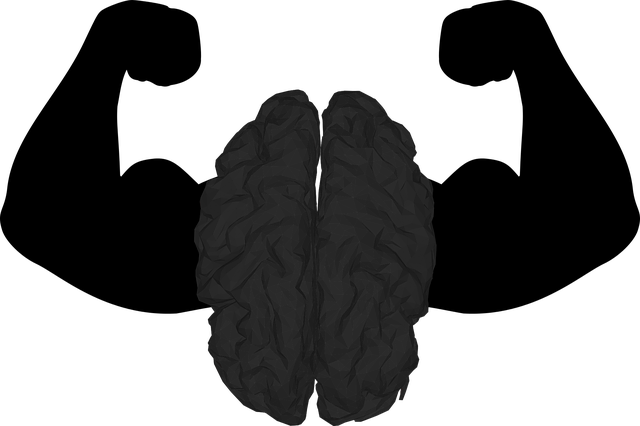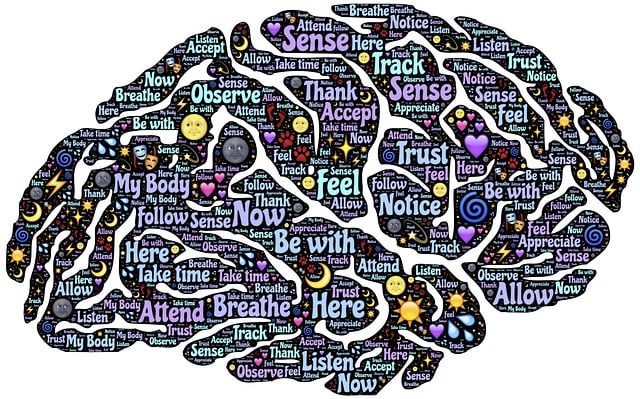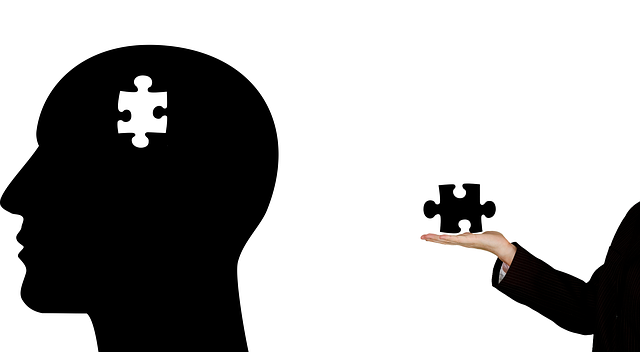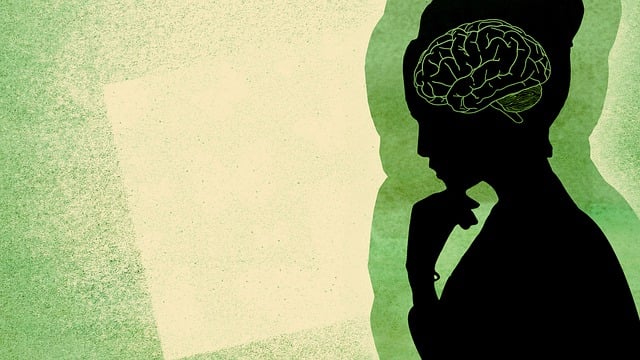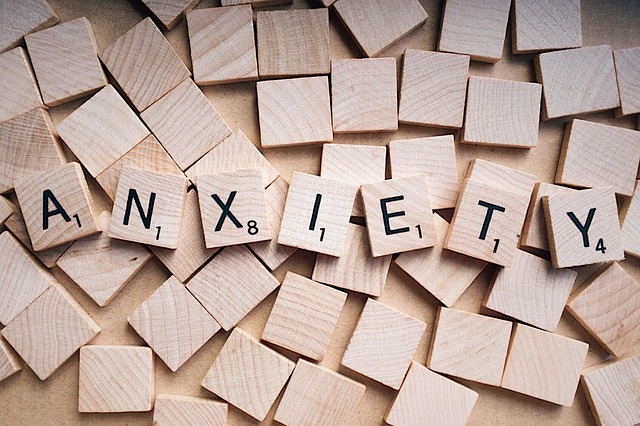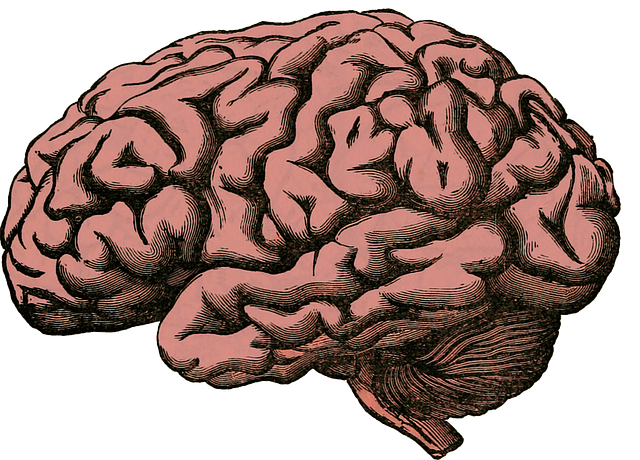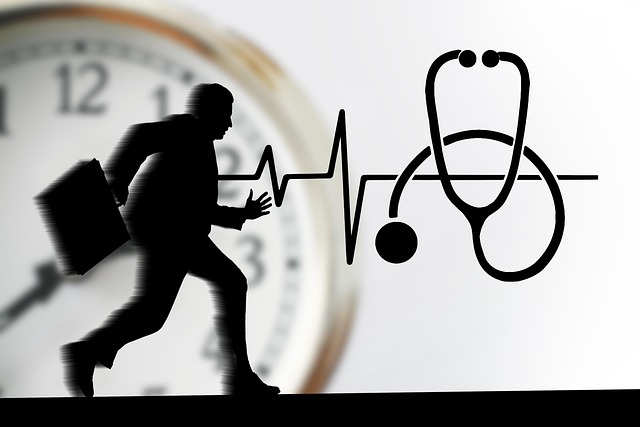Mental wellness support through specialized Therapy for Abuse Survivors addresses trauma, teaches coping mechanisms, rebuilds safety & self-worth. Self-care (exercise, mindfulness, creative outlets, social connections) and social skills training are key components. Identifying personal needs, emotional intelligence, stress management, and risk assessment help survivors create personalized self-care routines to enhance mental wellness.
Mental wellness self-care routines are transformative tools for survivors of abuse, offering pathways to healing and recovery. This article explores the intricate relationship between mental wellness and abuse survival, highlighting the profound impact on individuals’ emotional states. We delve into identifying personal self-care needs specific to this journey, emphasizing the importance of tailored practices. Through a step-by-step guide, learn effective strategies for crafting a customized self-care routine, empowering survivors to navigate therapy for abuse with resilience and well-being in mind.
- Understanding Mental Wellness and Its Impact on Survivors of Abuse
- Identifying Personal Self-Care Needs for Healing and Recovery
- Crafting a Customized Routine: Tools and Strategies for Daily Practice
Understanding Mental Wellness and Its Impact on Survivors of Abuse

Understanding mental wellness is paramount when supporting survivors of abuse. Their experiences can lead to complex emotional and psychological challenges that significantly impact overall well-being. Therapy for abuse survivors often involves addressing trauma, developing coping mechanisms, and rebuilding a sense of safety and self-worth. By focusing on these aspects through specialized treatment, individuals can begin to process their past experiences in healthy ways.
Self-care practices play a crucial role in this journey. Self-care routine development for better mental health allows survivors to nurture themselves both physically and emotionally. This may include activities like regular exercise, mindfulness techniques, creative outlets, and building supportive social connections. Additionally, social skills training can help individuals re-learn interactions and relationships, fostering a sense of belonging and security.
Identifying Personal Self-Care Needs for Healing and Recovery

Identifying personal self-care needs is a crucial step in healing and recovery, especially for abuse survivors navigating therapy. This process involves delving into one’s unique emotional landscape and understanding what nourishes or distresses them. Every individual has distinct requirements to foster mental wellness, and these needs may vary significantly from person to person. For instance, an abuse survivor might find solace in creative expression like art therapy or journaling, which helps process traumatic experiences. Conversely, some may prioritize physical self-care practices such as regular exercise or mindfulness meditation to manage stress.
Emotional intelligence plays a pivotal role in this journey. Survivors must develop the ability to recognize and understand their emotions, enabling them to make informed decisions about their well-being. This might involve setting boundaries, learning healthy coping mechanisms, and prioritizing activities that promote positive mental health. Effective therapy for abuse survivors often incorporates stress management techniques tailored to their specific needs, ensuring a comprehensive approach to healing. Professionals in this field must also conduct thorough risk assessments to ensure the safety and well-being of their clients during the self-care development process.
Crafting a Customized Routine: Tools and Strategies for Daily Practice

Crafting a Customized Self-Care Routine is an essential step in prioritizing mental wellness and stress reduction methods. For individuals who have experienced trauma, such as abuse survivors, developing a personalized routine can be transformative. Therapy for Abuse Survivors often emphasizes the need for structured self-care to help process emotions and build resilience. This involves identifying activities that nurture mental health and incorporating them into daily life.
Start by assessing your current lifestyle and emotional needs. Consider what brings you comfort, relaxation, or a sense of calm. Incorporate a mix of physical activities, mindfulness practices, creative outlets, and social connections. For example, a survivor might find solace in gentle yoga, journaling, or spending time in nature. These activities become tools to regulate emotions, manage stress, and cultivate a positive mindset. Remember, consistency is key; even short daily practices can accumulate over time to create significant improvements in self-care routine development for better mental health.
Developing a personalized mental wellness self-care routine is a powerful tool for individuals who have experienced abuse, enabling them to reclaim their well-being. By understanding the unique impact of trauma and identifying specific needs, survivors can navigate their healing journey effectively. The strategies outlined in this article provide a framework for creating a customized daily practice, empowering folks to prioritize their mental health and embrace a brighter future. Incorporating self-care into daily life is not just a luxury but an essential aspect of therapy for abuse survivors, fostering resilience and promoting long-term recovery.



